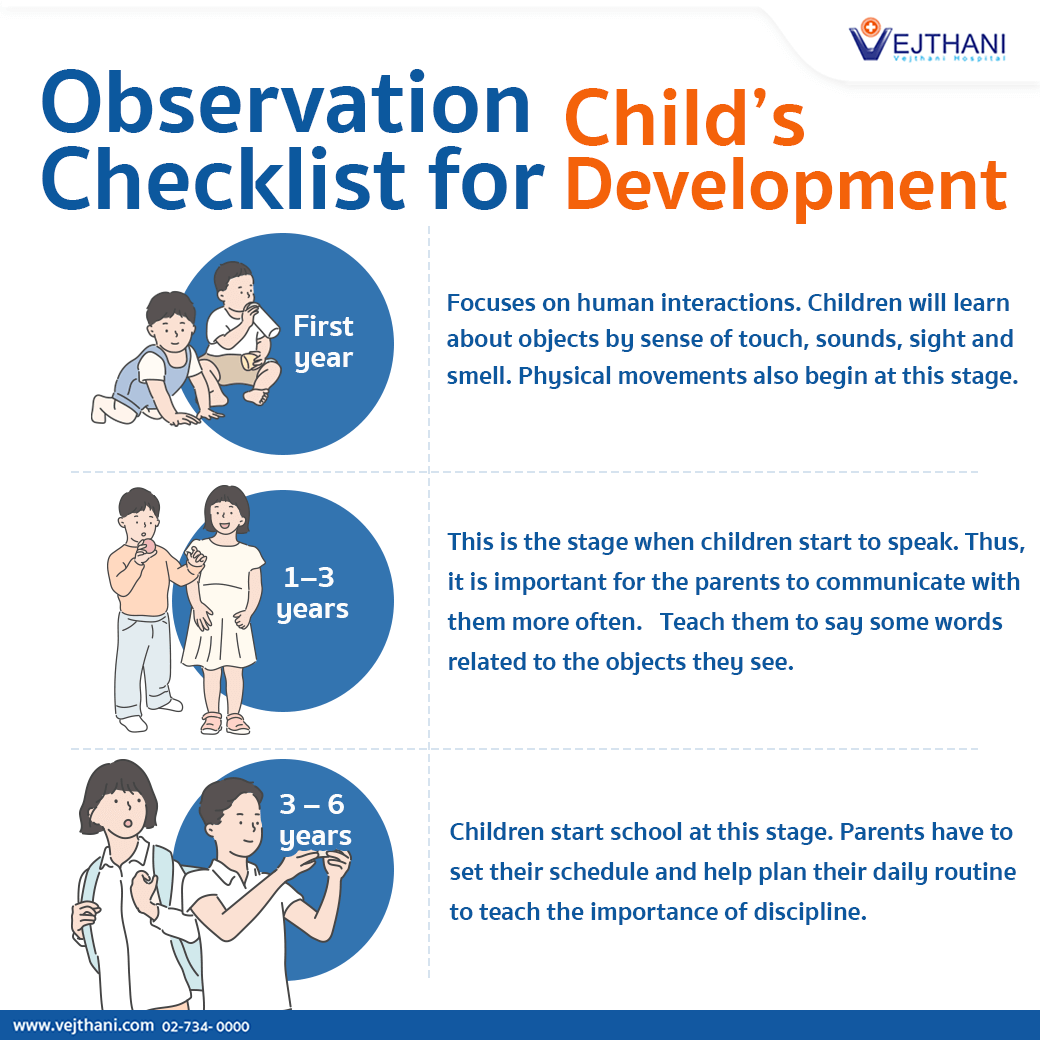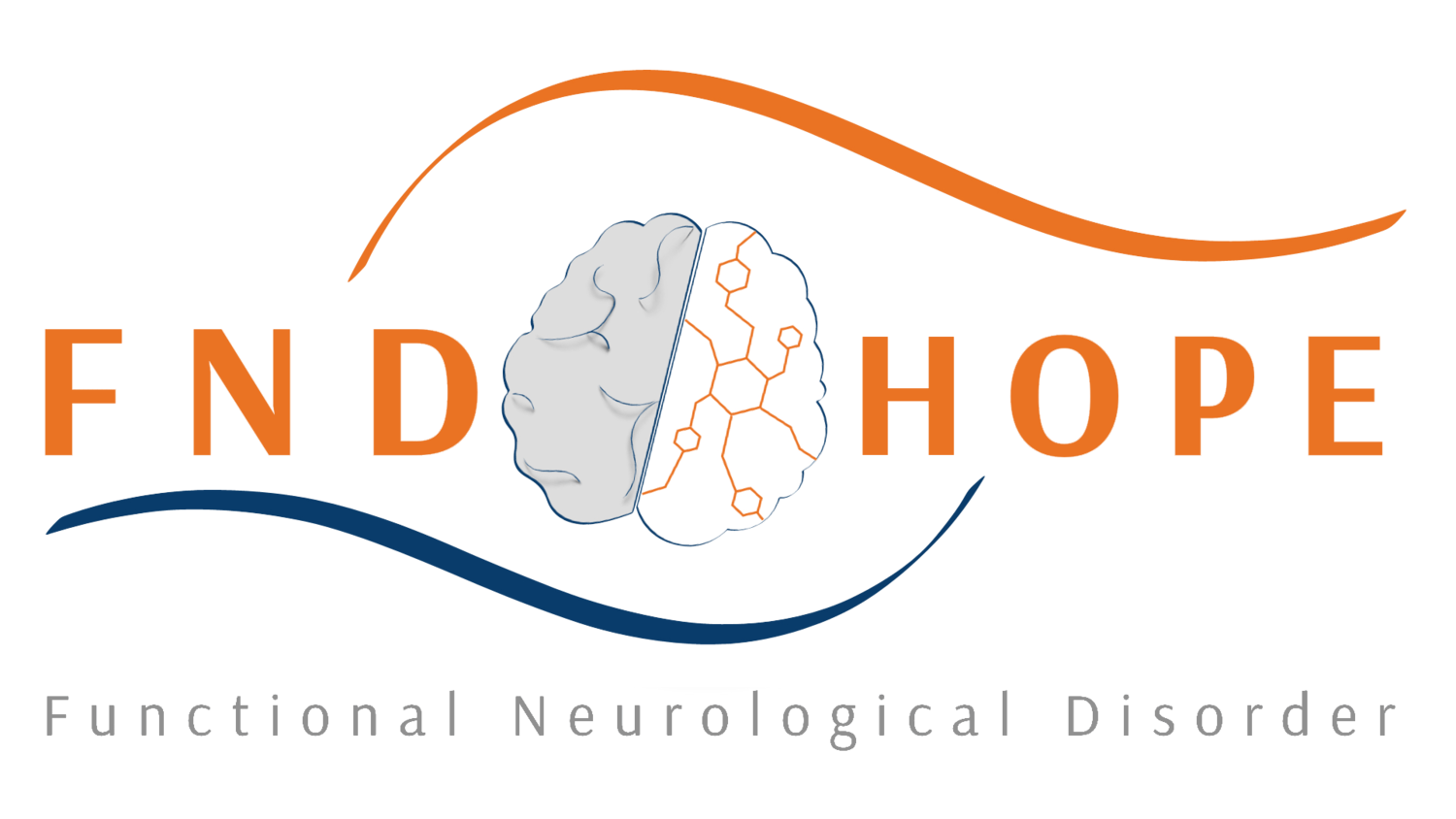Functional Fitness Incorporating Effective Movements
Enhance Your Workout with Functional Movements
Introduction: The Power of Functional Fitness
Functional movements have gained popularity in the fitness world for their practicality and effectiveness. In this article, we’ll explore how incorporating functional movements can enhance your workout routine and overall fitness level.
What Are Functional Movements? Understanding the Basics
Functional movements are exercises that mimic real-life activities and engage multiple muscle groups simultaneously. These movements focus on improving strength, flexibility, balance, and coordination, all of which are essential for daily activities and sports performance.
Benefits of Functional Movements: Why They Matter
Functional movements offer a wide range of benefits that go beyond just building muscle. They improve joint mobility, enhance stability, and promote proper movement patterns, reducing the risk of injuries and improving overall functional capacity.
Functional Movements vs. Isolated Exercises: The Key Differences
Unlike isolated exercises that target specific muscle groups, functional movements involve multiple joints and muscle groups working together. This integrated approach not only builds strength but also improves overall body coordination and movement efficiency.
Incorporating Functional Movements into Your Routine: Practical Tips
To incorporate functional movements into your workout routine, focus on exercises that mimic real-life movements such as squats, lunges, pushes, pulls, twists, and rotations. Use equipment like kettlebells, resistance bands, and medicine balls for added challenge and variety.
Functional Movements for Everyday Life: Enhancing Daily Activities
The beauty of functional movements lies in their transferability to everyday life. By mastering functional exercises, you’ll find everyday tasks like lifting, bending, carrying, and reaching become easier and more efficient.
Functional Movements for Sports Performance: Elevating Your Game
Athletes can benefit greatly from incorporating functional movements into their training regimen. These exercises improve agility, power, and coordination, translating into better performance on the field or court.
Functional Movements for Injury Prevention: Building Resilience
One of the key advantages of functional movements is their focus on movement patterns and joint stability. By strengthening these areas, you’ll reduce the risk of common injuries, such as sprains, strains, and muscle imbalances.
Progressive Overload with Functional Movements: A Balanced Approach
To continue challenging yourself with functional movements, incorporate progressive overload by increasing resistance, volume, or intensity gradually. This ensures continuous improvement and prevents plateaus in your fitness journey.
Functional Movements for All Fitness Levels: Inclusivity and Adaptability
Whether you’re a beginner or an experienced athlete, functional movements can be adapted to suit your fitness level. Start with basic variations and gradually progress to more advanced exercises as your strength and proficiency improve.
Conclusion
Incorporating functional movements into your workout routine can revolutionize your fitness journey. From improving everyday activities to enhancing sports performance and reducing injury risk, these exercises offer a holistic approach to fitness that benefits individuals of all levels and abilities. Embrace the power of functional movements and elevate your workout experience today. Read more about Incorporating functional movements in workouts














